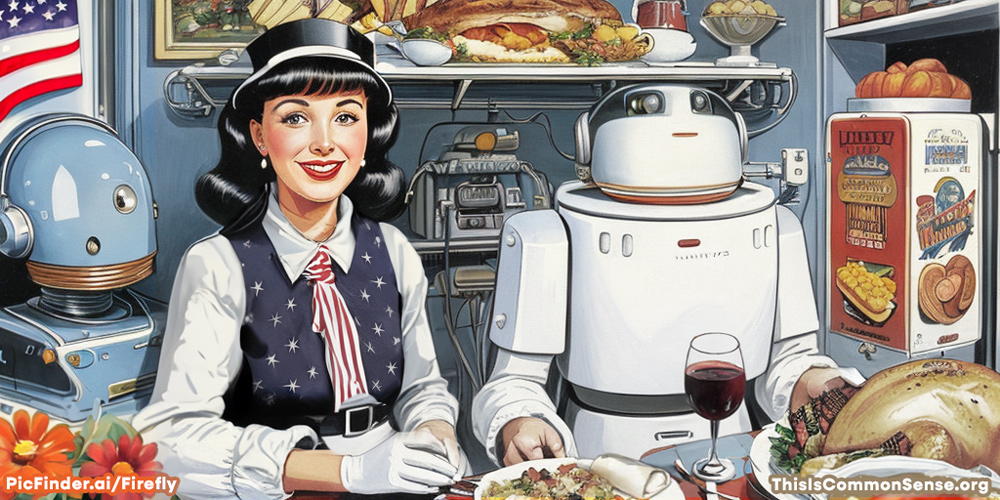Before gratitude became a platitude, it was a way of life, a philosophy.
It’s been expressed in American culture chiefly as an “official day” proclaimed by the State: Thanksgiving. We trace this back to the Pilgrims’ early days in Massachusetts — as I have done here and here — but there is much more to it than the Pilgrim story. On December 18, 1777, during the Revolutionary War, an official Thanksgiving was declared over a victory in battle. But as historian Brion MacLanahan has noted, Virginians experienced not only “the first representative government in North America” but also “hosted the first English thanksgiving.”
In 1619.
Sadly, the “nationalization” of late November’s holiday was not anodyne, as MacLanahan has taken pains to elaborate: it was a way for Yankees to replace Christmas, which Southerners celebrated but Purtian-dominated New England did not.
Still, let’s not relegate gratitude to sectarian politics or religion. For the philosophy of appreciation is much, much older than our America.
“Gratitude is not only the greatest of virtues, but the parent of all the others,” said Marcus Tullius Cicero, whom our Founding Fathers called “Tully.”
Epicurus, earlier, found the key to happiness — or “ataraxia,” as he called it (a kind of spiritual peace) — in storing up good memories and concentrating on them, rather than on one’s woes. This is gratefulness. It is a discipline.
It is not just a day or a good idea, it’s a key to virtue, as Cicero said.
But most of us of my generation probably remember the idea in a Sunday School song: “Count Your Blessings.”
Name them one by one.
As the world seems to spin into a kind of craziness, it may be hard to begin. So much madness and folly! Let me help:
We live in interesting times, and it is fascinating.
And maybe, if we keep our heads, we can help in setting some things right.
This is Common Sense. I’m Paul Jacob.
Illustration created with PicFinder and Firefly
See all recent commentary
(simplified and organized)
See recent popular posts
